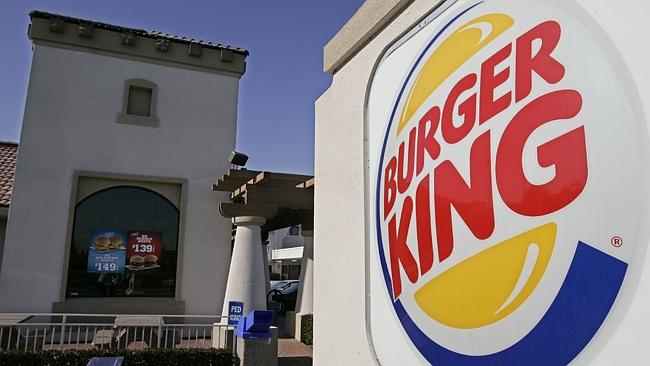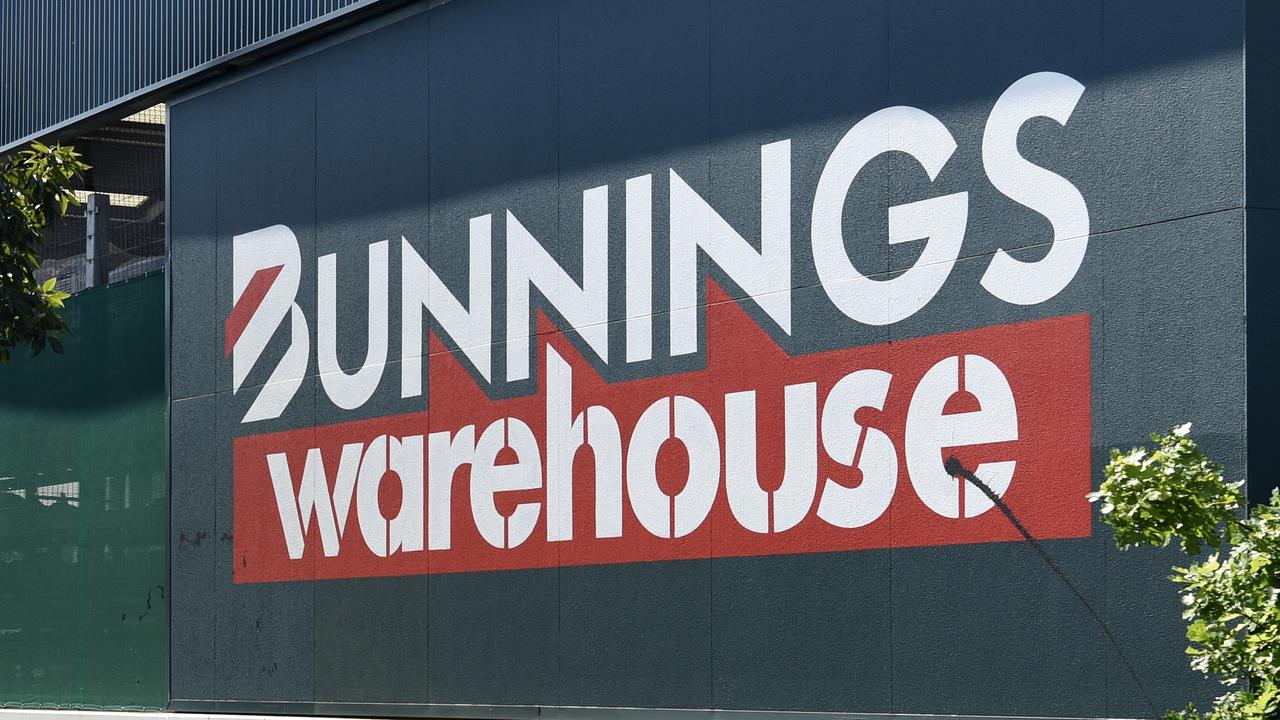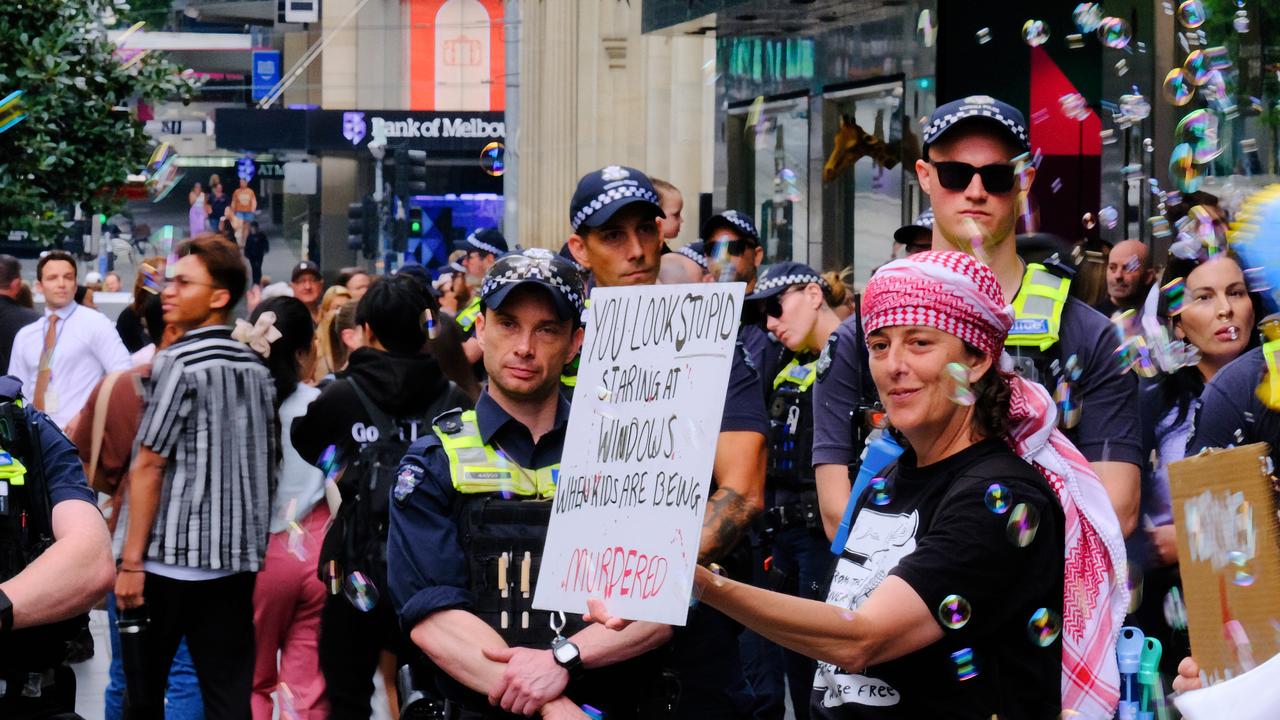Two charged with insider trading in Burger King deal
US AUTHORITIES have charged two men with insider trading over a dodgy deal relating to the $3 billion sale of Burger King.

US FEDERAL prosecutors are charging two Brazilian men with insider trading in connection with 3G Capital's $3.26 billion acquisition of Burger King in 2010.
The complaint announced Monday said that Waldyr Prado, a 43-year-old former Wells Fargo financial adviser, and Igor Cornelsen, a 65-year-old director of an investment company based in the British Virgin Islands, profited from the Burger King deal after learning about it through one of Prado's clients, an investor in 3G Capital.
Prado and Cornelsen live in Brazil and have not yet been arrested, according to the office of Preet Bharara, U.S. Attorney for the southern District of New York.
Bharara's office did not immediately know what the next step would be in the proceedings.
The Securities and Exchange Commission has also brought civil actions against Prado and Cornelsen.
According to the criminal complaint unsealed Monday, a principal at 3G, a Brazilian investment firm, contacted one of the firm's investors in March 2010 and advised that it was in negotiations to acquire Burger King. The investor, who was also a brokerage client of Prado's, signed a confidentiality agreement with 3G relating to the Burger King deal.
That agreement allowed the investor to share information with Prado, who was the investor's financial adviser, over the next several months. But Prado "misappropriated" the information he learned to purchase Burger King stock and options, according to the complaint.
In May, Prado sent an email to Cornelsen saying he had "some info that I cannot say over the phone ... You have to hear this." From May through August, Cornelsen purchased Burger King options.
After 3G announced its plan to buy Miami-based Burger King in September 2010, Prado sold his holdings in the fast-food chain for a total profit of more than $175,000, according to the complaint. Cornelsen sold his options for a total profit of about $1.68 million, according to the complaint.
The two are being charged with securities fraud and fraud in connection with a tender offer, which each carry a maximum term of 20 years in prison. They are also being charged with conspiracy to commit securities fraud and fraud in connection with a tender offer, which carries a maximum term of five years in prison.
###



